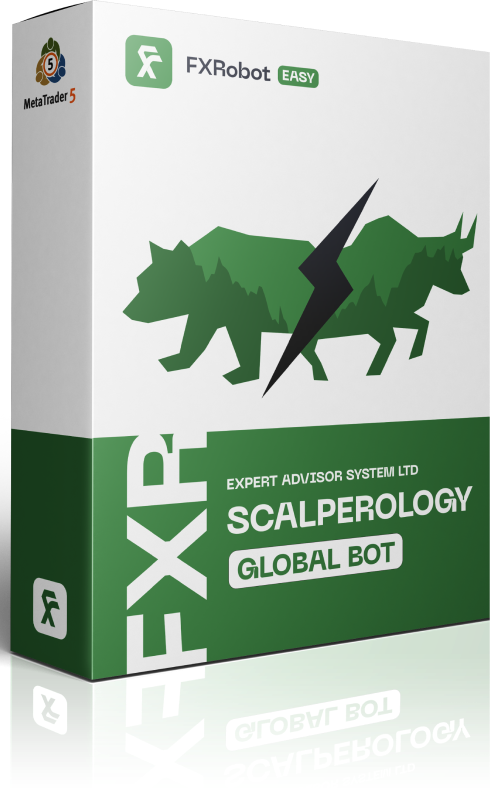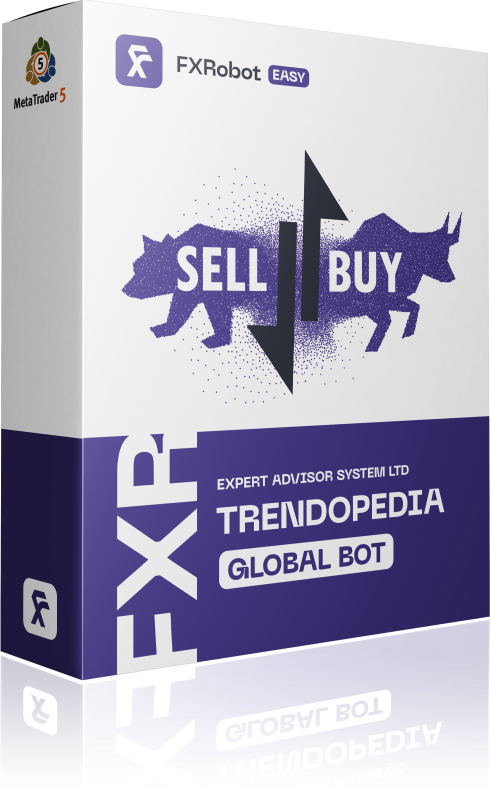At this time, purchasing EASY Bot items is not available to all members. Read more - how to get access to purchase
Retail Trading
Understanding Retail Trading
Characteristics of Retail Traders
Challenges Faced by Retail Traders
The Role of Trading Systems and Tools
Emphasizing Education and Strategy
Final Thoughts on Retail Trading Opportunities
No trading robots found.


